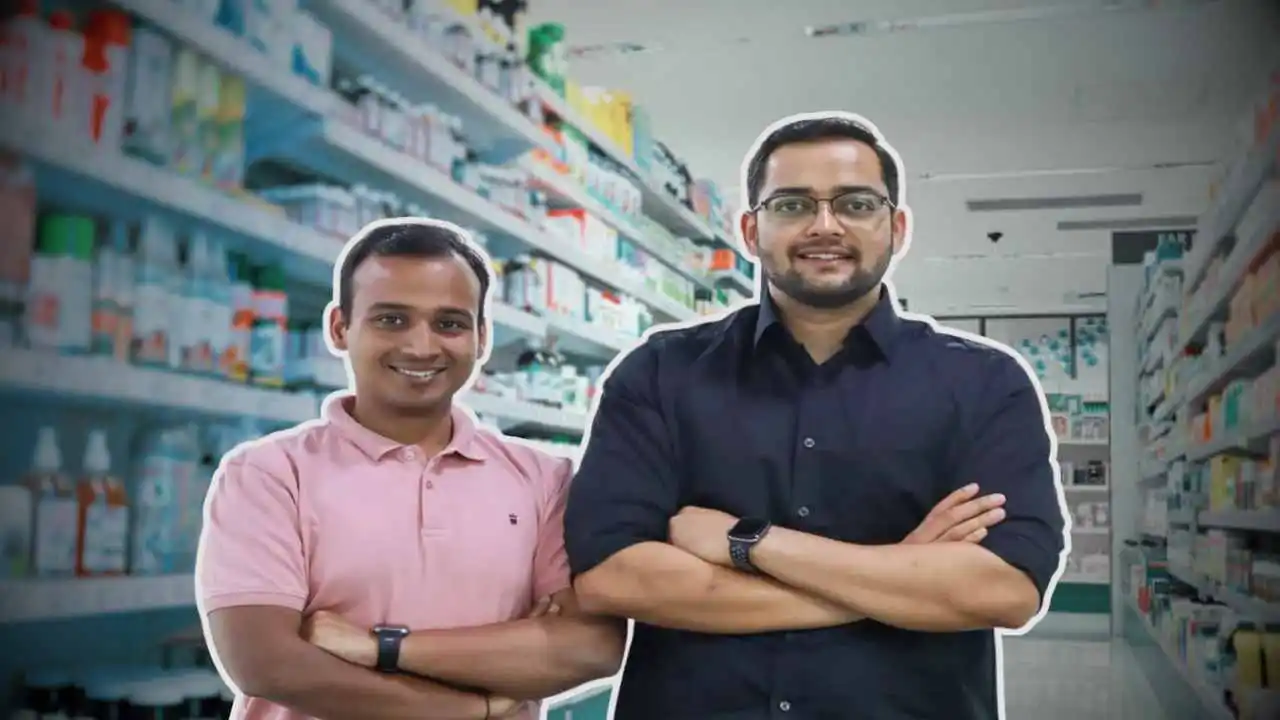The Funding Details
PlatinumRx, a Bengaluru-based innovator in online medicine delivery, just closed a funding round worth $6 million. Investors are betting big on the startup’s promise to make healthcare simpler and faster for everyday users. The company plans to use this cash to expand its operations, improve tech features, and reach more cities across India.
This isn’t just about money—it’s a vote of confidence in India’s booming e-pharmacy market. With rising demand for convenient services, especially after the pandemic, startups like PlatinumRx are stepping up. They offer doorstep delivery of medicines, easy prescriptions, and affordable options, which resonate deeply in a country where healthcare can be a challenge.
What This Means for India
For Indian consumers, this funding is a game-changer. It comes at a time when more people are turning to online platforms for their health needs, driven by busy lifestyles and the need for safety. PlatinumRx’s success could inspire other local startups to innovate, creating jobs and better services nationwide.
India’s e-pharmacy sector is growing fast, with reports showing a surge in users seeking quick and reliable options. Bengaluru, as a hub for tech talent, is leading this trend. This investment might encourage more funding in health tech, helping bridge gaps in rural and urban areas alike.
Looking Ahead
With $6 million in the bank, PlatinumRx is gearing up for exciting changes. Expect enhancements like AI-driven recommendations and wider product ranges to make healthcare even more user-friendly. The team aims to partner with more pharmacies and doctors, potentially serving underserved regions.
This move could set a positive example for other Indian startups, showing that innovation in healthcare pays off. As the sector evolves, it’s thrilling to see homegrown companies like PlatinumRx leading the charge.
In summary, this funding round is more than a milestone—it’s a step toward a healthier, more connected India. Keep an eye on PlatinumRx; they might just redefine how we access medicines in the years ahead.
